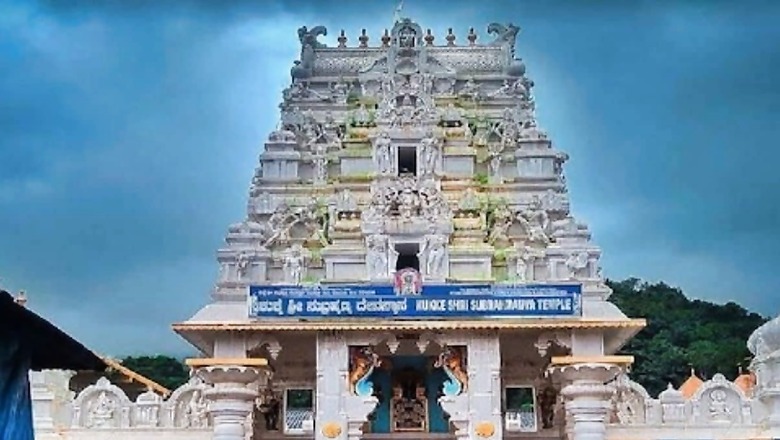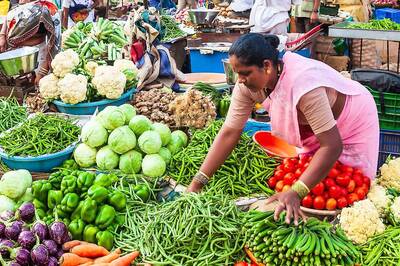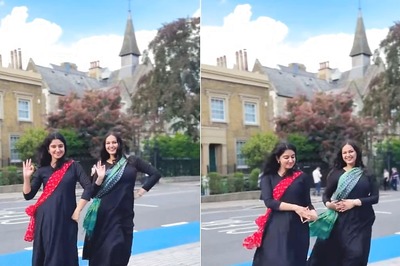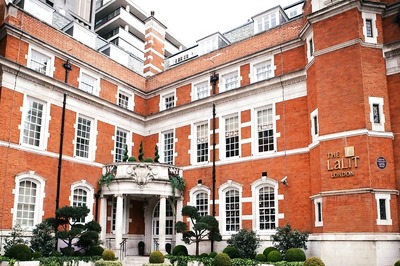
views
For the 13th consecutive year, the Mahatobar Kukke Sri Subramanya Temple has retained its status as the top-earning temple in Karnataka. In the fiscal year 2023-24, it recorded an impressive income of Rs 146.01 crore, marking an increase from Rs 123 crore in the previous year. Close behind, the Kollur Sri Mookambika Temple secured the second spot with an income of Rs 68.23 crore, while the Nanjangud Srikanteshwara Temple earned Rs 30.73 crore.
Other temples making significant contributions to the state’s temple revenue include the Savadathi Renuka Yellamma Temple (Rs 25.80 crore), the Mandarti Durgaparameshwari Temple (Rs 15.27 crore), the Huligemma Devi Temple of Koppal (Rs 16.29 crore), the Ghati Subramanya Temple (Rs 13.65 crore), and the Banashankari Temple of Bengaluru (Rs 11.37 crore).
Remarkably, the financial trajectory of the Kukke Sri Subramanya Temple started in 2006-07 with an income of Rs 19.76 crore, which surged to Rs 24.44 crore in 2007-08, establishing its reputation as the wealthiest temple in Karnataka. Since then, it has steadfastly upheld its leading position. The income sources for the temple include contracts, produce from temple farms, commercial and lodging rents, offertory services, vow services, grants, and permanent services.
Telangana Revenue Minister Ponguleti Srinivas Reddy, in December last year, had donated Rs 1 crore to the Kukke Shree Subrahmanya Temple. A temple official had said that the Minister had prayed to Lord Kukke Subrahmanya for a suitable match for his daughter, a wish that was miraculously fulfilled within just three months. Hence Srinivas Reddy donated the sum to the temple as a form of reverence to the deity.
Located in the Dakshina Kannada district of Karnataka, the Shree Kukke Subrahmanya Temple stands out as a prominent pilgrimage destination, drawing in numerous devotees every day. The temple is renowned for significant rituals like Sarpa Samskara, Naga Pratista and Ashlesha Bali, while the time-honoured tradition of offering food to devotees as ‘Anna Prasadam’ remains a cherished custom.




















Comments
0 comment